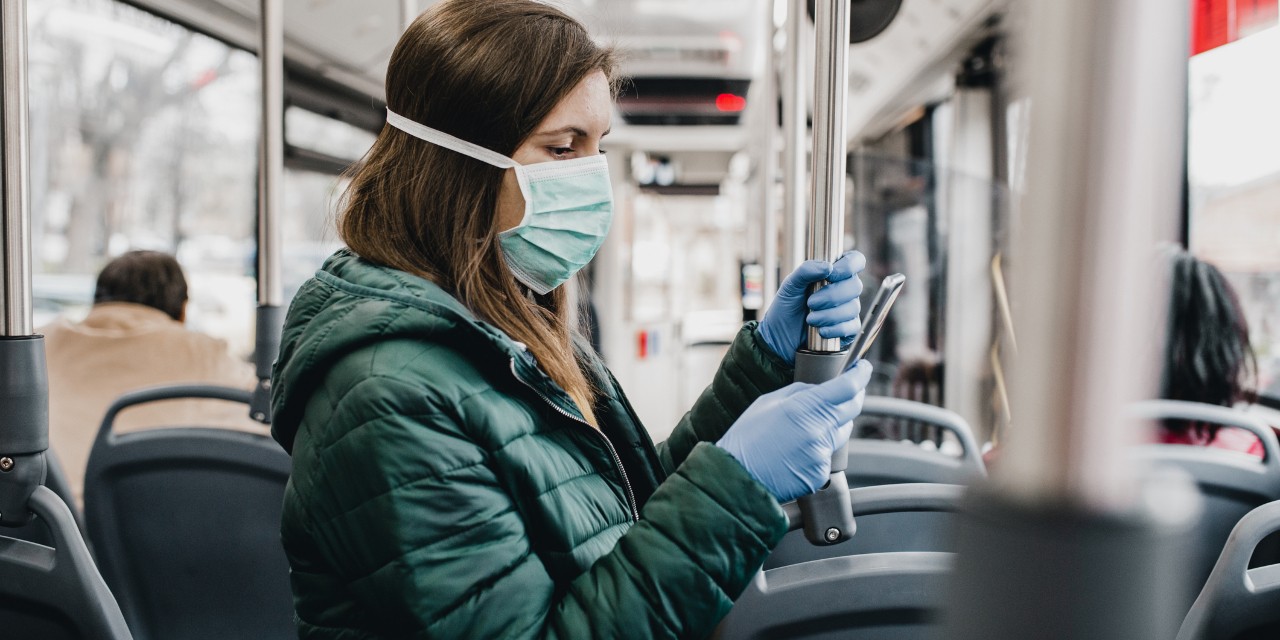 Michael Brown has written a nice article in the U of Alberta folio on COVID-19 contact tracing reveals ethical tradeoffs between public health and privacy. The article quotes me extensively on the subject of the ethics of these new bluetooth contact tracing tools. In the interview I tried the emphasize the importance of knowledge and consent.
Michael Brown has written a nice article in the U of Alberta folio on COVID-19 contact tracing reveals ethical tradeoffs between public health and privacy. The article quotes me extensively on the subject of the ethics of these new bluetooth contact tracing tools. In the interview I tried the emphasize the importance of knowledge and consent.
- Users of these apps should know that they are being traced through them, and
- Users should consent to their use.
There are a variety of these apps from the system pioneered by Singapore called TraceTogether to its Alberta cousin ABTraceTogether. There are also a variety of approaches to tracing people from using credit card records to apps like TraceTogether. The EFF has a good essay on Protecting Civil Rights During a Public Health Crisis that I adapt here to provide guidelines for when one might gather data without knowledge or consent:
- Medically necessary: There should be a clear and compelling explanation as to how this will save lives.
- Personal information proportionate to need: The information gathered should fit the need and go no further.
- Information handled by health informatics specialists: The gathering and processing should be handled by health informatics units, not signals intelligence or security services.
- Deleted: It should be deleted once it is no longer needed.
- Not be organized due to vulnerable demographics: The information should not be binned according to stereotypical or vulnerable demographics unless there is a compelling need. We should be very careful that we don’t use the data to further disadvantage groups.
- Use reviewed afterwards: The should be a review after the crisis is over.
- Transparency: Government should transparent about what they are gathering and why.
- Due process: There should be open processes for people to challenge the gathering of their information or to challenge decisions taken as a result of such information.